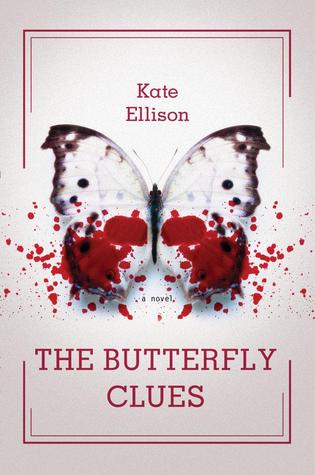Here's episode 4, about the art:
Here's episode 6, about the production:
You can find the rest of the video series at this link.



"'The problem is, agents and publishers aren't knocking on my door.'The nature of my job as a literary agency intern means I have to reject a great deal of people every week. I work at a smaller agency (in terms of the number of agents, not clients), and we receive about 400 queries a month. I've been here 4 months, and out of all those queries, I've probably requested about 25 full manuscripts, and of those 25, I've actually reported on about eight I felt were good enough to show to one of the agents. And of those eight, they've taken on exactly...none. Since I've been there, I think the agency has signed two new clients. As a small agency, most of their time in the office (like other agencies) is spent on their existing clients. They talk to their authors, they call editors they think are a fit for the manuscript they're shopping, they discuss foreign rights, they talk to Amazon about problems with their authors' ebooks, they read their authors' new manuscripts, and type up editorial notes and pitch letters, among other things. Most of their reading is done outside of the office. Your manuscript may not be bad, it may be just good - instead of great. For an agent to spend their precious time reading your manuscript, it has to really pique their interest (I think it's safe to say every agent wants to find that manuscript that makes them miss their subway stop).
I didn't have a response for this, and we were already walking away from each other, so I just continued on my way. But later I replayed the conversation and marveled at the woman's attitude. It was as if she felt she was somehow entitled to be published, that it shouldn't be so hard.
I don't know the woman's background--perhaps she'd been coming to conferences for years and was just speaking from extreme frustration. Or maybe it was her first conference, and she was disappointed by what she had learned. But I'm really not sure what that woman wanted me to say. That it should be that easy? Did she want me to somehow feel guilted into publishing her? That I'd say, without having read anything she'd written, that I'd publish her book?"